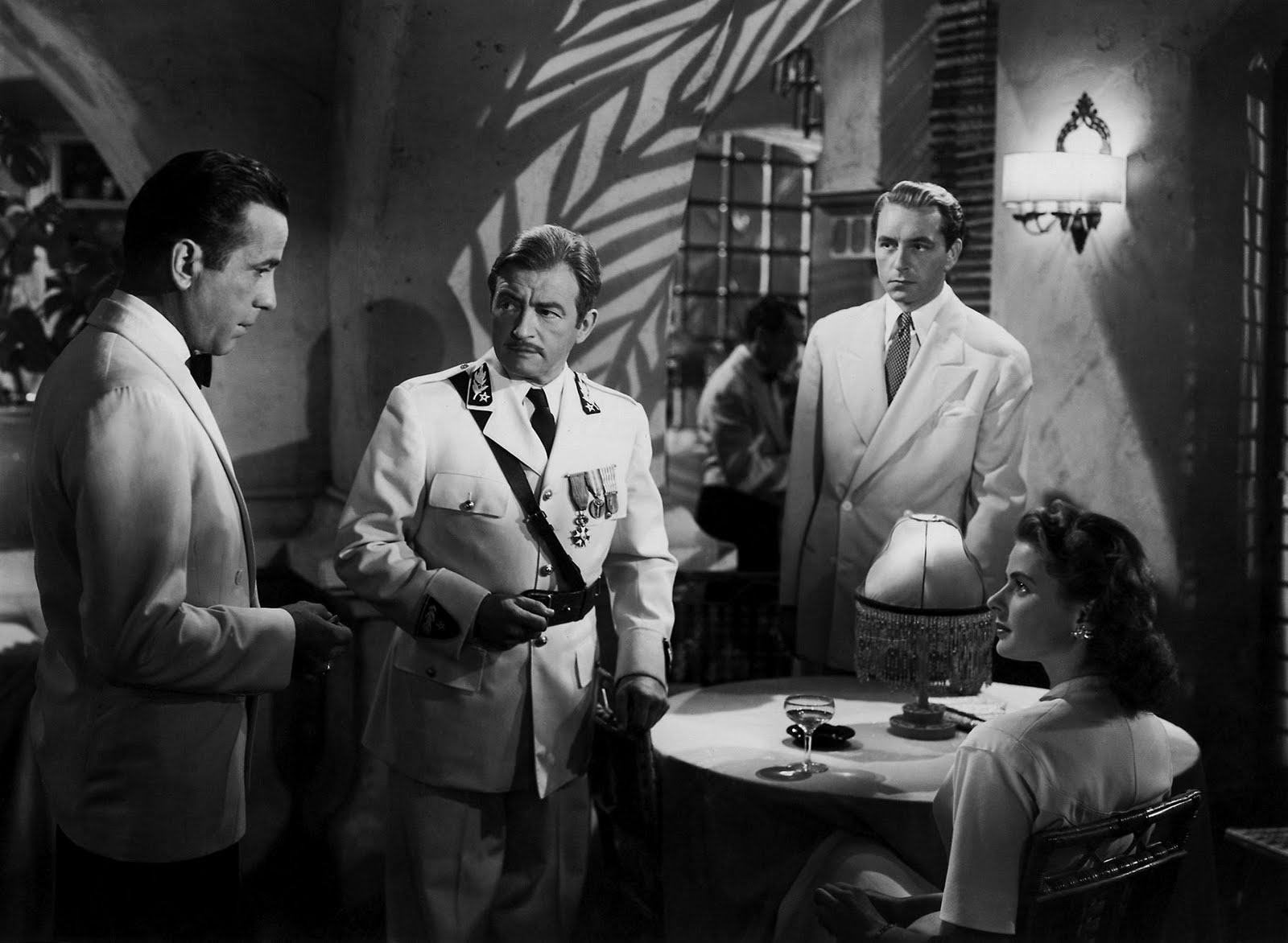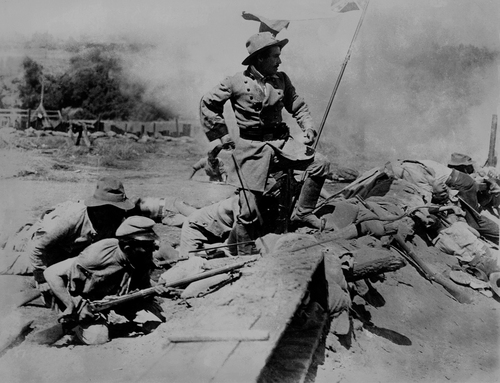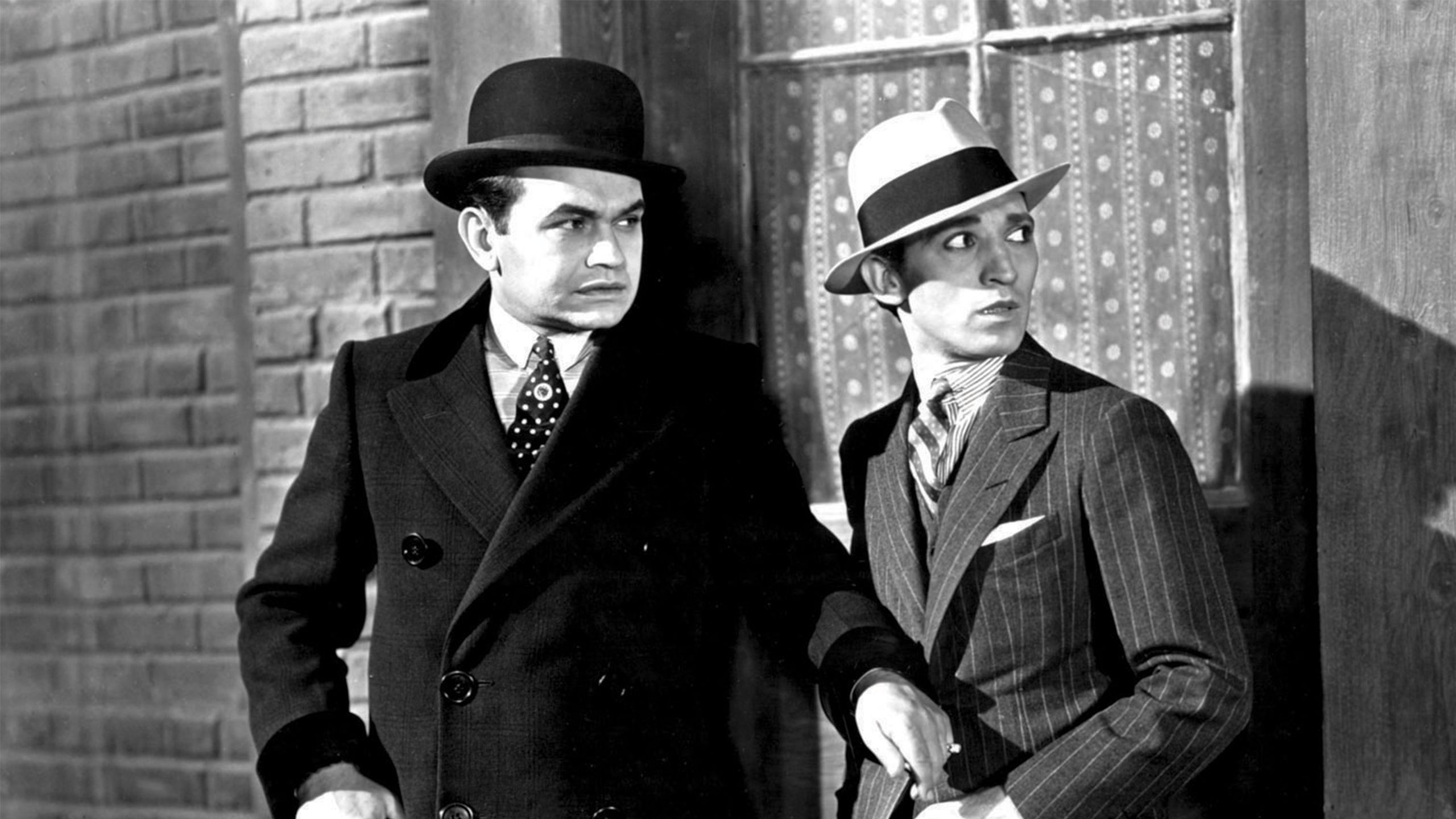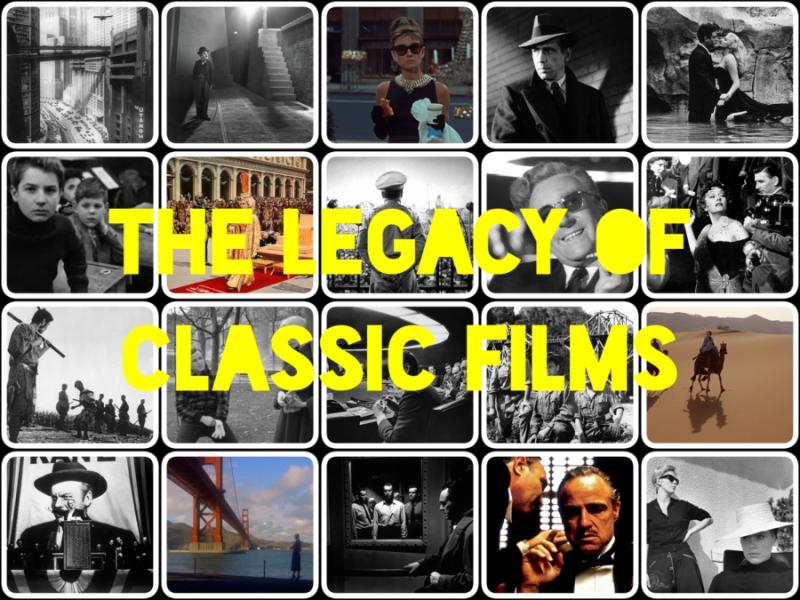The Legacy of Classic Films: Why Old Movies Still Matter Today
By: Wilson Gutierrez

The Legacy of Classic Films: Why Old Movies Still Matter Today
Forget the blockbusters – there’s plenty in the archives to entertain you

Cinema as an art form has made remarkable progress since the early days of motion pictures. From silent films to modern blockbusters, the film industry has experienced a wealth of transformation and growth. With advances in technology and the rise of digital media, it’s easy to understand why many people see classic films as archaic and obsolete.
However, the legacy of classic films persists, and it’s important to understand why these old movies still matter.
To fully understand the importance of classic films, you need to go back in time and study the history of cinema. The early days of film were an era of experimentation, where directors and producers explored new techniques, styles, and storytelling. During this time, many classic films were made that laid the groundwork for the modern film industry.
One of the most important examples of a classic film is “Gone with the Wind. ” Released in 1939, this movie remains one of its highest-grossing films of all time and is widely regarded as a masterpiece. The film tells the story of a Southern Belle named Scarlett O’Hara during the Civil War and Reconstruction times. Its majestic scale, beautiful cinematography, and unforgettable characters, “Gone with the Wind” is an example of a classic film that has stood the test of time.

Another classic movie that continues to resonate with audiences is “Casablanca. ” Released in 1942, this film tells the story of a [love] triangle set against the backdrop of World War II.

These classic films are so enduring that they connect with audiences on a deep emotional level. Despite being made decades ago, these films still resonate with people today. The themes of love, loss, and tenacity are timeless and transcend the boundaries of time and space.
Additionally, classic films provide a window into the past, giving us a glimpse into the values and attitudes of different eras. For instance, the film “The Birth of a Nation,” released in 1915, reflects the racial attitudes of the time and is widely regarded as a problematic and controversial film. Yet by watching this film, we can gain a deeper understanding of the racial dynamics of the early 20th century.

Furthermore, classic films can inspire a new generation of filmmakers, actors, and movie enthusiasts. Many modern filmmakers cite classic films as a source of inspiration for their work. For instance, the Coen Brothers’ film “O Brother, Where Art Thou?” draws heavily on the plot and themes of “The Odyssey,” a classic epic poem. Similarly, Martin Scorsese’s “Goodfellas” pays homage to classic gangster films such as “The Public Enemy” and “Little Caesar.””

In addition, classic movies are important because they provide a sense of cultural heritage and history. By studying classic movies, we can gain a greater understanding of the cultural and artistic influences that shaped the film industry. Moreover, we can appreciate the innovations and advancements made in cinema, which have allowed modern movies to reach new heights of technical proficiency and artistry.
Another aspect of classic films that makes them enduring and relevant is their preservation and restoration. Thanks in part to organizations like the Criterion Collection and the Film Foundation, classic movies are being restored and released on modern formats such as Blu-ray and digital streaming services. This enables new generations of movie enthusiasts to discover these classic films and experience them in high-quality formats.
The Umbrellas of Cherbourg is a French musical film directed by Jacques Demy and released in 1964. The film tells the story of two young lovers, Guy and Geneviève, who are separated by circumstance and reunited years later. The film is known for its colorful and vibrant visuals, memorable musical score, and innovative approach to storytelling.

The umbrellas in the title of the film refer to the rainy coastal town of Cherbourg, where the story takes place. The umbrellas serve as a metaphor for the characters’ hopes and dreams, which are often dampened by the harsh realities of life. The film uses the changing colors of the umbrellas to reflect the moods and emotions of the characters, adding an additional layer of symbolism to the already rich visual style.
The significance of The Umbrellas of Cherbourg lies in its groundbreaking approach to filmmaking. The film was one of the first musicals to use an entirely sung-through score, with no spoken dialogue. This approach created a seamless fusion of music and drama that had not been seen before in film. The music, composed by Michel Legrand, is widely regarded as one of the greatest film scores of all time, and has been covered and sampled by countless musicians in the decades since the film’s release.
The Umbrellas of Cherbourg also had a significant impact on French cinema and the wider film world. It was one of the first French films to be widely popular in the United States, and its success helped to establish the “French New Wave” as a major force in international cinema. The film’s influence can be seen in the work of filmmakers like Quentin Tarantino and Wes Anderson, who have cited The Umbrellas of Cherbourg as a major influence on their own work.
In addition to its technical and artistic innovations, The Umbrellas of Cherbourg is also notable for its themes of love, loss, and the bittersweet nature of life. The film portrays the struggles of ordinary people in a way that is both poignant and universal, and its message has resonated with audiences around the world for decades.
In conclusion, The Umbrellas of Cherbourg is a landmark film that has significantly impacted the world of cinema. Its innovative approach to storytelling, memorable musical score, and timeless themes have made it a classic of French cinema and a beloved work of art around the world.
“Rashomon” is a 1950 Japanese film directed by Akira Kurosawa. The film is known for its innovative storytelling techniques, which portray the same event from multiple perspectives, leading to conflicting accounts of the truth. It remains a classic example of film storytelling, and its importance lies not only in its technical innovations but also in its exploration of the nature of truth, perception, and human behavior.

One reason we should watch “Rashomon” today is its relevance to our current times. The film addresses the subjectivity of the whole truth and the unreliability of individual views, which is more relevant than ever in our post-truth era. The film’s exploration of the unreliability of memory and human perception is particularly important in our world, where social media and online news platforms often shape our perceptions of reality. By demonstrating the unreliability of individual perspectives as well as our tendency to construct our own version of the truth, “Rashomon” urges us to be more critical of the narratives we encounter in our daily lives.
Another reason to watch “Rashomon” is its technical innovations, which have profoundly impacted cinema development. Kurosawa’s use of multiple perspectives, nonlinear narrative, and subjective camera techniques have influenced a generation of filmmakers and made “Rashomon” a landmark film in the history of film. By watching “Rashomon,” we can better understand the evolution of cinematic storytelling and appreciate the film’s influence on contemporary cinema.
Furthermore, “Rashomon” is a masterpiece of world cinema, renowned for its stunning visuals, haunting score, and powerful performances. Its exploration of human nature, morality, and the search for truth is equally relevant as it was when the film was first released. Rashomon is a testament to the power of cinema as an art form, and it is a film worth seeing and enjoying with audiences around the world
Ultimately, classic films matter because they are a part of our cultural heritage and artistic legacy. They provide a window into the past, inspire new generations of filmmakers and artists, and let us appreciate the film industry’s technical and artistic innovations. T hey also offer us a shared cultural experience that brings people together, regardless of age, background, or nationality. Watching classic films can be a form of escapism, transporting us to different times and places, and allowing us to see the world through a different lens. They can also provide a sense of comfort and familiarity, as we revisit beloved characters and stories that we grew up with. In a rapidly changing world, where new technology and media are constantly emerging, classic films offer a sense of stability and continuity, reminding us of the enduring power of storytelling and human experience. In short, classic films are a vital part of our cultural and artistic heritage, and their legacy will continue to inspire and affect future generations.

Wilson Gutierrez, a member of the Enochs High School Class of 2023, is serving as the film editor in the second year of The Eagle Eye website.
Save that two members besides the Group Administrator have blanket approval to post and promote seeds and articles, all members of this group are welcome to post to the Group seeds, articles and comments provided that: 1) Seeds and articles must first be approved by the Group Administrator, and 2) Discussion of politics and/or religion will be limited to the plots and themes of the movies or TV movies and series themselves and any religious comments or proselytizing or commentary concerning current political circumstances not in reference to the movies or TV movies and series themselves will be deleted along with all CoC and ToS violations. As well, anything posted that the administer of this group deems to be offensive or off topic will be deleted. Videos and images that the administrator cannot open must be described in text or they will be deleted.







It is hard to believe that such an excellent article on the importance of classic films was written by a high school student.
After lunch today, and before my wife and I went out to play ping pong, I watched one of those oldies, from 1956 - Written on the Wind, starring Rock Hudson, Lauren Bacall, Robert Stack and Dorothy Malone. It wasn't a prize-winner, LOL. Yesterday was a two-movie day: UFO, which is only 6 years old, but it had only one actor I recognized, David Strathairn (who looks amazingly like an old neighbour from Toronto), and The Game, a 1997 movie that wasn't too bad, starred Michael Douglas, Sean Penn, and Deborah Kara Unger, a Canadian actress who I first saw back in 1996 in a Canadian movie called Crash.
There are a lot of movies I have simply missed. Have you ever watched a move that you heard about all your life, but never had the chance to watch?
Last week I got to watch what some call the first anti-war movie: "The Americanization of Emily." I didn't necessarily like the message, but I enjoyed seeing Julie Andrews playing against her typecast (she acted in it between "Mary Poppins" and "the Sound of Music") and James Garner kind of play himself. Overall, I found it both entertaining and educational.
I think I've seen Julie Andrews in only 3 or 4 movies but the ones I remember best are The Sound of Music and The Princess Diaries.
Always the prim & proper good girl, except for her one role as Emily Barham (war widow.)
One thing I should correct: Although some called The Americanization of Emily the first anti-war movie, Paths of Glory preceded it by about 6 years.